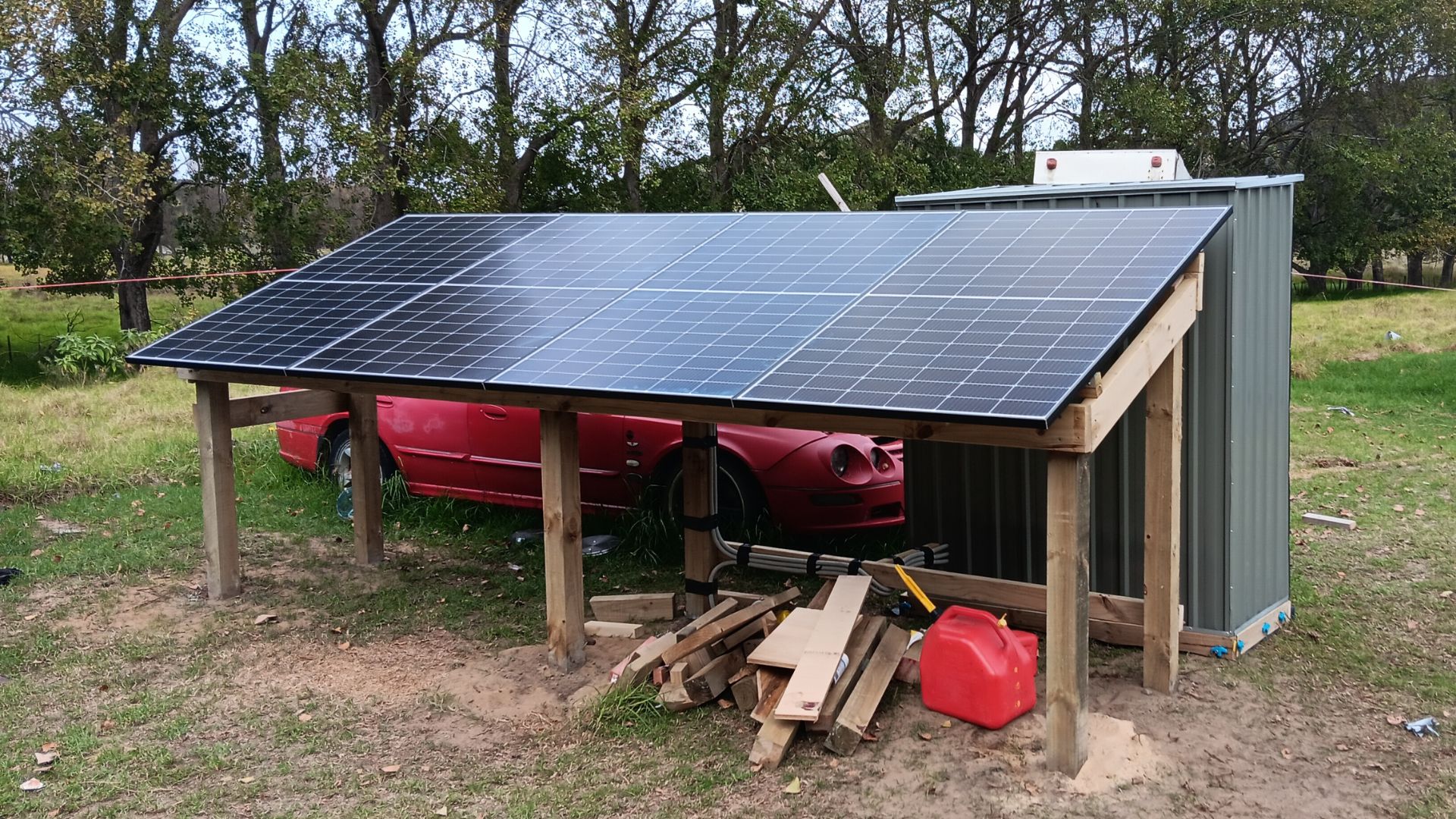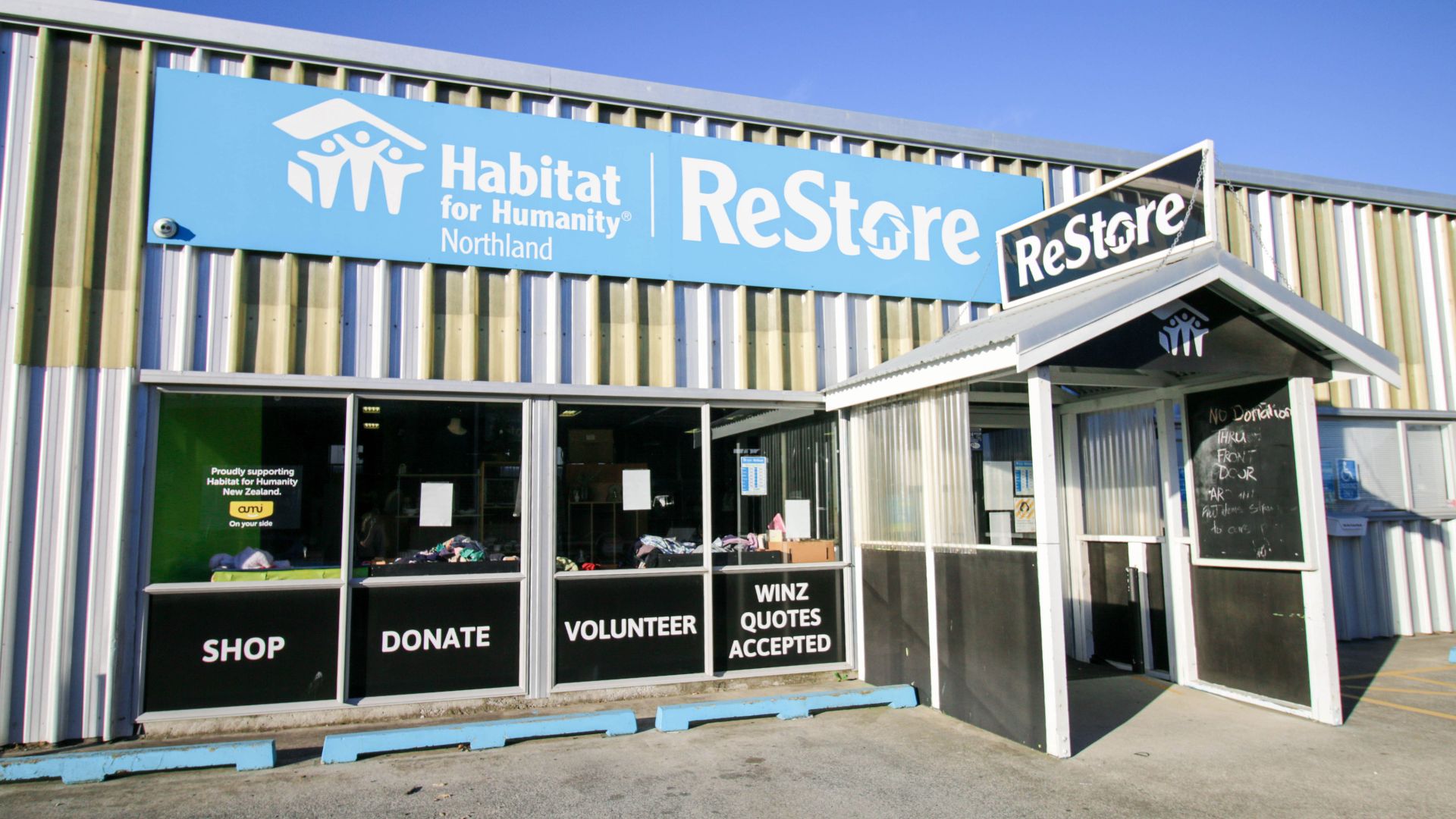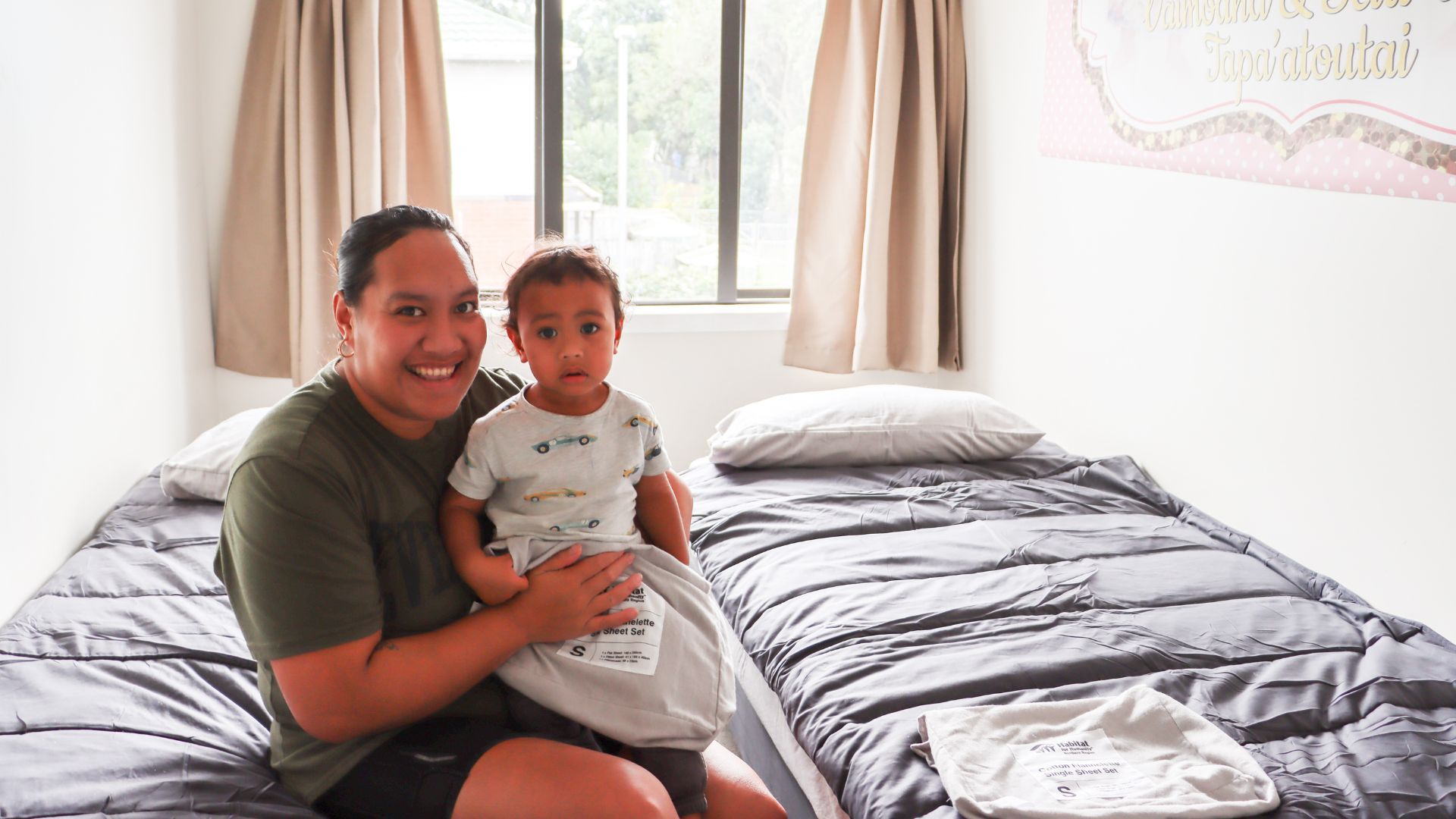With each passing hour, whanau in New Zealand are adapting to measures needed to combat the spread of COVID-19. In countries and cultures all around the world “stay at home” is the message of the moment: “shelter, in place”.
He waka eke noa, we are all in this together, and we are choosing to shelter in place to flatten the curve and save precious lives. It’s the right thing to do.
But at Habitat we also know there are far too many whanau for who this isn’t as straightforward as it sounds. That uncertainty we feel today, they have felt for a lifetime, and through generations.
For some, “shelter in place” means figuring out logistics and adjusting mindsets, but for others it only exacerbates their struggles. Homes that are unhealthy because of leaks, mould, lack of heating or insulation. Homes already overcrowded because the only way to afford rent is for extended family to stay together in a too-small space. Homes without easy access to water, electricity or a wharepaku. Spaces that shelter, but only just.
Where for many “stock up on what you need” means a panicked and possibly unnecessary trip to the supermarket, for others it’s a reminder of how close to the financial edge they already live.
Habitat for Humanity (International) CEO Jonathan Reckford says that when the choices you face are dire, you can’t win.
“Imagine that, for these families, shopping for supplies always feels this way — not because of the crowds around them hurrying to acquire whatever they can, but because they have to make terrible choices every day. In order to make sure the rent can be paid, which would you choose? Filling a basket with healthy groceries. Filling a necessary prescription. Topping up the power. Filling the tank of your car with the fuel that allows you to do either.”
“As the economic shocks from this crisis ripple out, these same families will be hardest hit. They always are. For far too many, as businesses have closed and hourly workers have lost their jobs, it has already begun.”
“These are the families with whom we partner. They are going to need our ‘hand-up’ now more than ever. And now more than ever, our work — much like flattening the curve — will require all of us, together.”
Habitat for Humanity in New Zealand is pleased to provide a decent place to live for hundreds of whanau, in healthy rentals, healthy homes they are progressively working towards owning, simple, decent pensioner housing and through facilities for older people such as Freeman Court in Te Awamutu. It also gives us some comfort to know that we have helped hundreds more whanau with critical home repair, and today they are going home to shelter in a place that is warm, dry, accessible and safe.
At Habitat, our work is shelter, and that remains a constant.
He waka eke noa – we are all in this together – we rise together, fall together, work together, keep going together. We have a lot to do, and we are ever-ready.
- Follow Habitat’s work in New Zealand at com/habitatNZ
- Support Habitat’s work in New Zealand at support habitat
- Connect with your local ReStore community at https://habitat.org.nz/restore
About Habitat for Humanity
Driven by the vision that everyone needs a decent place to live, Habitat for Humanity began in 1976 as a grassroots effort on a community farm in southern Georgia. The Christian housing organization has since grown to become a leading global nonprofit working in local communities across all 50 states in the U.S., and in more than 70 countries. Families and individuals in need of a hand up partner with Habitat for Humanity to build or improve a place they can call home. Habitat homeowners help build their own homes alongside volunteers and pay an affordable mortgage. Through financial support, volunteering or adding a voice to support affordable housing, everyone can help families achieve the strength, stability and self-reliance they need to build better lives for themselves. Through shelter, we empower. To learn more, visit habitat.org.nz
Ends.
Media contact:
Habitat Auckland GM Conrad Lapointe. [email protected]
Habitat Central CEO Nic Greene. [email protected]


